My career in automotive
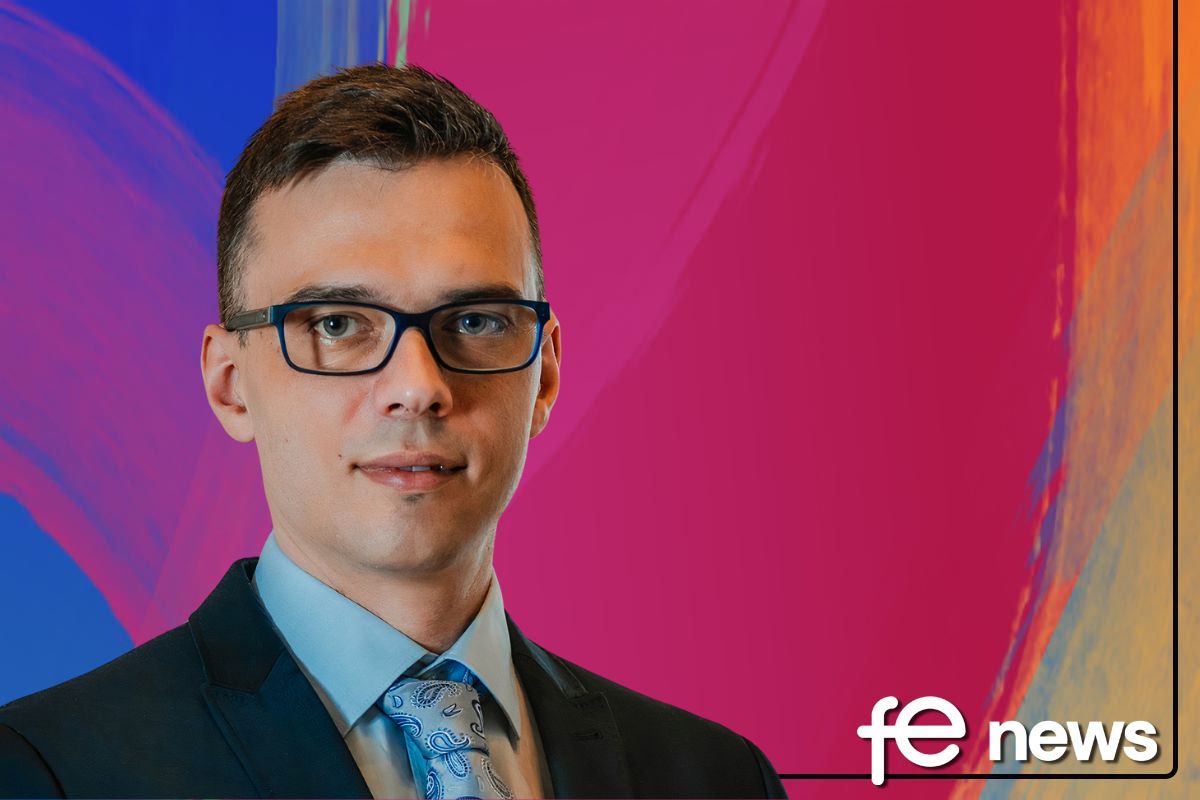
In this article, Christian Klaere, Senior Director in Business Development at Flex, shares his 27-year career journey within the manufacturing industry. Starting as an apprentice, he highlights the hands-on learning experience, internal mobility opportunities, and the dynamic nature of the automotive sector, emphasising the exciting future of the industry’s transformation.
By fostering a culture of open communication and embracing change, the manufacturing industry offers a wide array of career opportunities. As a global manufacturing company, Flex empowers its teams to gain expertise across a diverse range of industries, from lifestyle and consumer devices to healthcare and automotive.
Oftentimes, an early career in manufacturing offers internal mobility opportunities and learning and development programs to guide career progression. And sometimes, you just take the leap into a different career path, one that will help you grow with each new assignment and the challenges that it brings.
We caught up with a Flex team member whose career represents this journey. Christian Klaere, Senior Director in Business Development, Automotive, from Vienna, Austria, joined the company as an apprentice more than 27 years ago. Motivated by a desire to learn and improve his technical skills, Christian devoted his early career years to studying and gaining the knowledge and experience needed to advance his career in the automotive industry.
You have been with Flex for more than 27 years and gained extensive experience in various manufacturing roles. Can you tell us how you started your career?
My story at Flex started in 1995, when I joined the four-year apprenticeship programme in Althofen as an industrial electrician and process control engineer. In Austria, we have a dual school system, and Flex is one of the companies that has a comprehensive apprenticeship programme, to support and guide young students in the manufacturing industry. This programme allows students to work for 80 percent of their time and study in school for the remaining 20 percent. It is a very hands-on learning experience.
On top of this, Flex provides additional education, which means you are not just working or executing tasks. The programme offers a guidance component in your work time that allows you to choose the direction you want to pursue. The last two years included a department rotation to fully understand what it’s like to work in other areas. I got to experience the role of a product, test, or design engineer.
My apprenticeship ended in 1999, which was when I joined Flex in my first full-time role as an analyse and repair technician in production.
What motivated you to continue this path and build a career in the manufacturing industry?
You have to identify your career aspirations as you’re determining the right educational path and pursue your passion. This motivated me to continue studying, even though I was working a full-time job. I was determined to complete my technical studies and my matura, a secondary school qualification in Austria needed to pursue higher education, and then my bachelor’s degree.
After experiencing work in other departments during my apprenticeship, I wanted to do more. I was offered the opportunity to join an engineering department as a New Product Introduction (NPI) engineer. As I progressed with my studies and gained more technical knowledge, I was exposed to other engineering departments, such as Test Development, where I created test concepts and coordinated and designed hardware and software engineering specifications.
The learning never stopped, and I didn’t want it to stop. The manufacturing industry is dynamic and things are constantly changing.
I’ve always been interested in becoming a more experienced engineer to have the technical foundation to understand the intricacies of how things work. This curiosity, the desire to improve myself and my skills, drove me to pursue a career in the manufacturing industry.
How was your first experience as a Project and Programme Manager? How did it pave the way to your current role in Automotive at Flex?
In 2007, I moved into project management while maintaining my engineering role. We had many business launches and faced a shortage in project engineers and programme managers. I wanted to grow and stepped in, taking project management responsibilities for NPI.
This allowed me to get more visibility within the organisation. My first exposure with the automotive industry came when I was offered the opportunity to move and support the team in Zalaegerszeg, Hungary, initially as a project manager, then moved to programme management. Zalaegerszeg had recently branched into automotive and was launching new projects, which came with the challenge of finding experienced people to lead projects.
Building on this experience, I moved into global account management, partnering with automotive customers. A year later, I joined the business development team as a director, which included additional responsibilities of business growth and acquiring new customers.
What does a day in the life of a Senior Business Development director look like and what drives you forward?
The role of a senior business development director is strategic and involves significant planning and business management for our customers. My workday is a combination of making sure that we deliver according to plan and creating the strategy that allows us to expand, acquire new customers, and adapt to constant market changes. As a team, we build strategies to include new solutions into our portfolio and grow, thinking about the next five years and considering possible market disruptors and the potential challenges and opportunities.
In this role, you’re not just working with external customers, but also with internal stakeholders. The strategy needs to align with the business unit and company goals. We offer recommendations to our customers’ strategies and provide feedback and data to engineering, product marketing, or finance about market changes to ensure that together, we can make the right decisions.
After the Zalaegerszeg experience, you continued to grow your career in automotive. What makes this industry so appealing?
When you’re part of automotive at Flex, you work on a range of solutions for both big and emerging brands, from sports cars to family cars. We design and manufacture many important parts in vehicles, such as the power electronics in electric vehicles and the compute platforms that enable advanced driver assistance systems (ADAS), to name just a few. For me, the way the automotive industry works is appealing. There is a controlled way of introducing a new product into production because it is a highly regulated market, with strict standards and certifications in place that manufacturers must comply with.
From a business development perspective, a customer isn’t just sourcing for a one-year project or for a thousand pieces of a part but is looking for an extraordinary partner that can help them achieve their long-term goals.
To win in today’s rapidly evolving automotive industry, automakers are also adopting new business models and expanding their collaborations beyond traditional tier one suppliers. They are partnering with semiconductor companies, technology providers, and design and manufacturing partners to develop next-generation mobility products.
The opportunities that accompany these different, innovative ways of working across customers, suppliers, and other ecosystem partners, make this space fascinating, dynamic, and exciting.
What excites you the most about the future of the automotive industry?
If you look at market trends, from sustainability and vehicle electrification to the rapid growth of software-defined vehicles, you’ll see that the automotive industry is experiencing a transformational shift to usher in the next generation of mobility. I am excited to advance this transformation through enabling customers with Flex’s broad range of capabilities, from traditional agile manufacturing services for individual automotive projects, to joint and full-product development for tailored next-generation mobility solutions.
By Christian Klaere, Senior Director in Business Development, Automotive



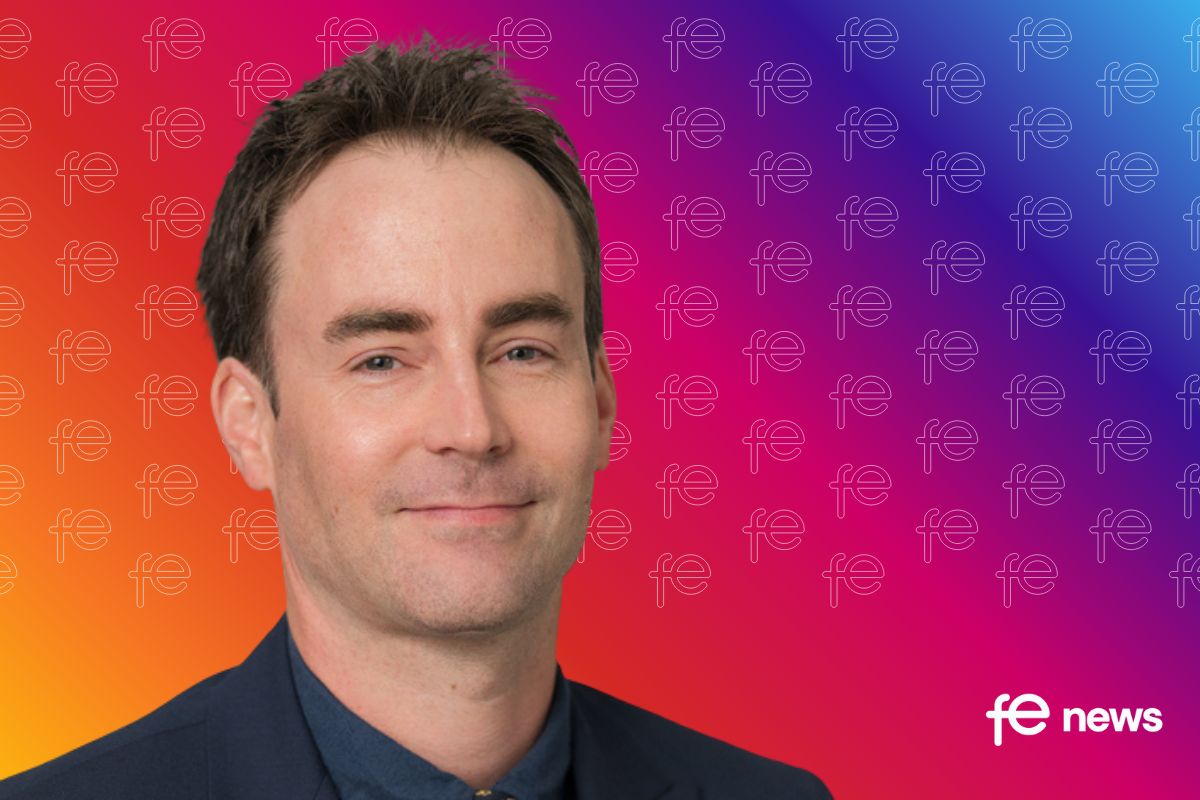
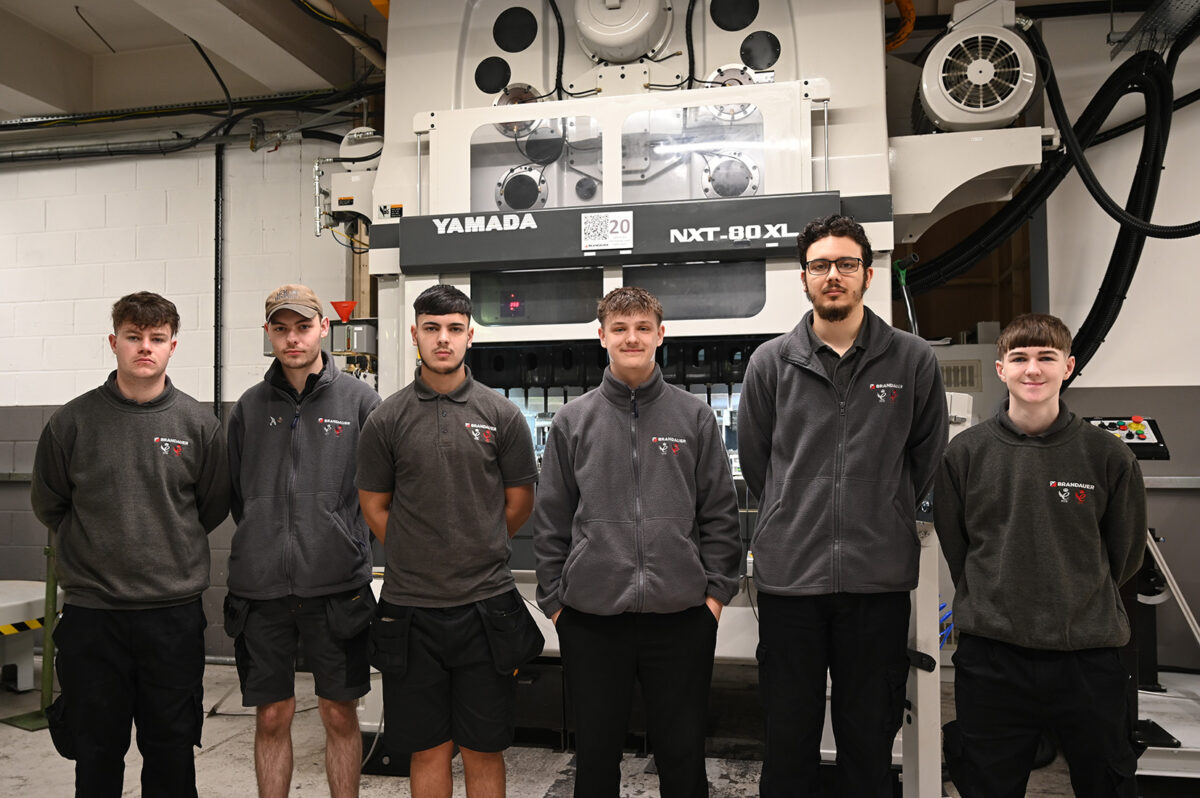

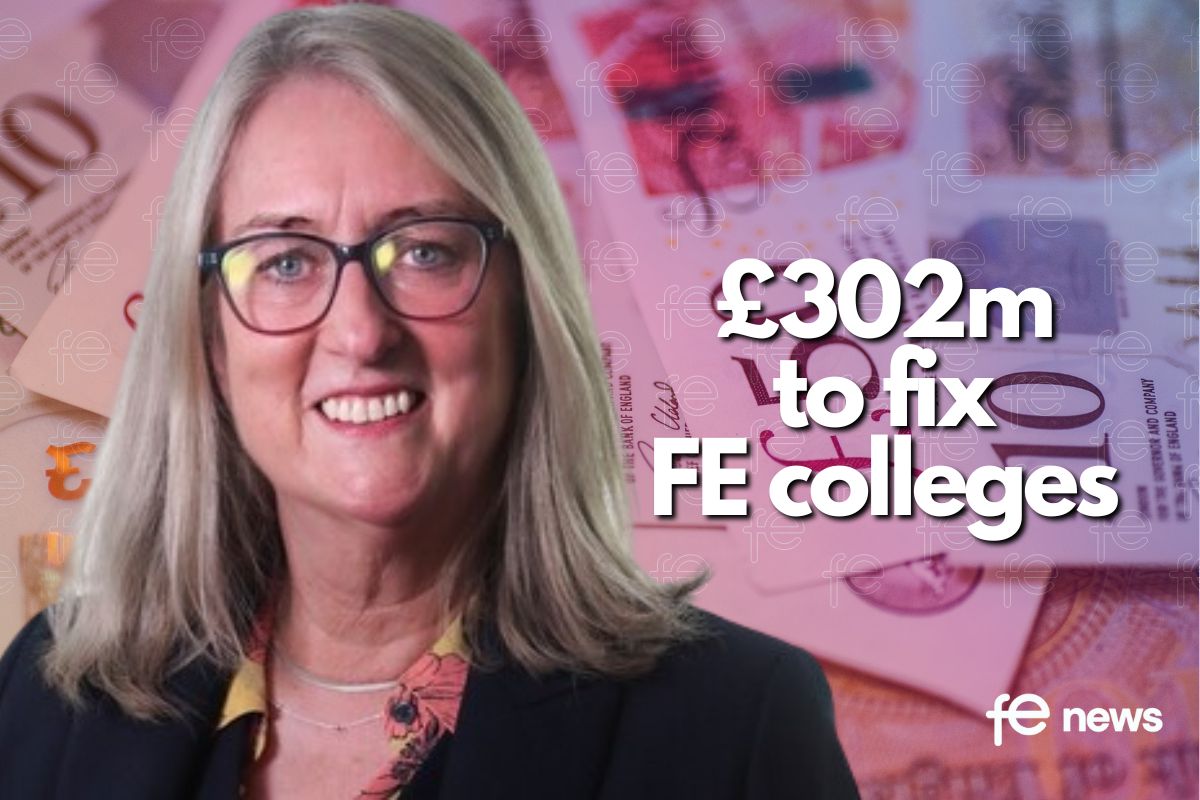



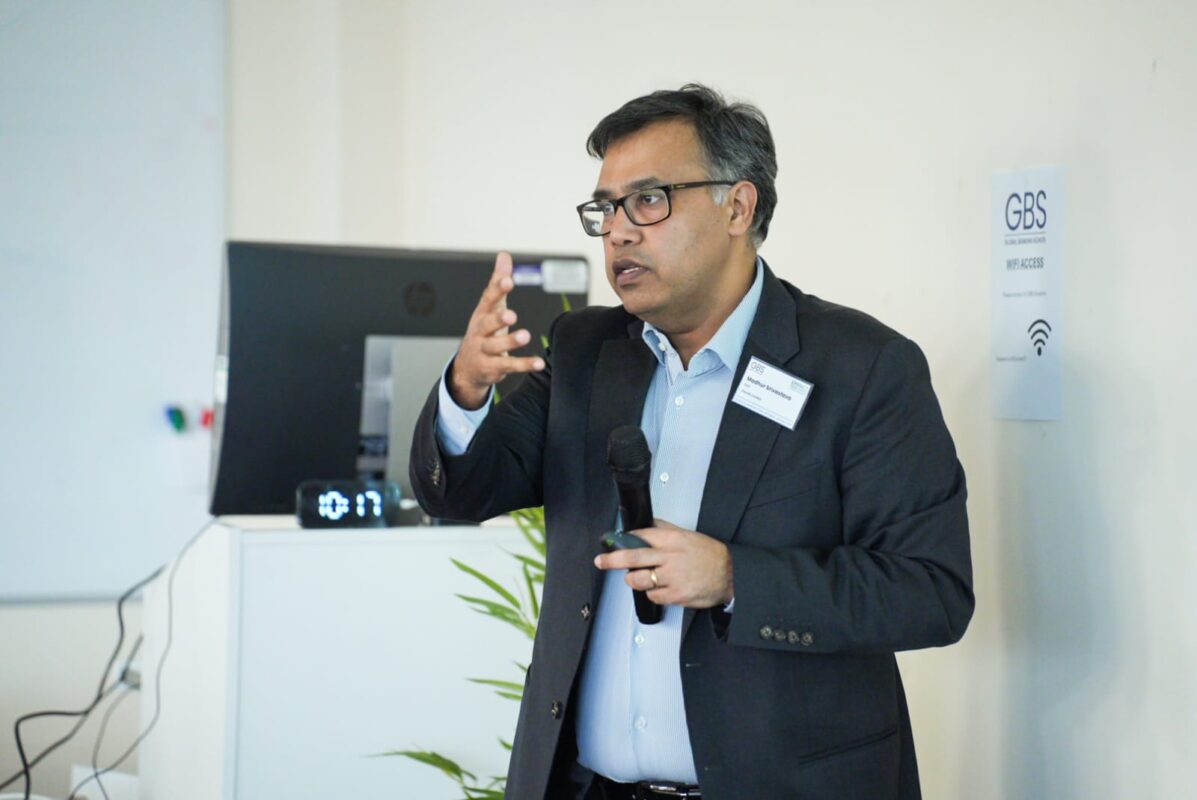
Responses